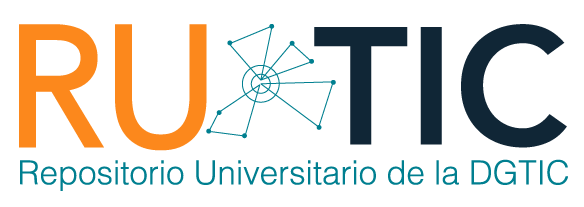| dc.coverage.spatial | MX | |
| dc.date.accessioned | 2018-06-28T05:06:26Z | |
| dc.date.available | 2018-06-28T05:06:26Z | |
| dc.date.issued | 2012-07-01 | |
| dc.identifier.uri | https://ru.tic.unam.mx/handle/123456789/2039 | |
| dc.description | Tema del mes | |
| dc.description.abstract | A partir de los trabajos de Hamilton en la década de los sesenta, se considera al parentesco como una fuerza evolutiva que ha moldeado el comportamiento animal. Hamilton observó que el comportamiento puede ser estudiado a partir de la evaluación entre los costos y beneficios de ayudarse según el grado de parentesco. Un comportamiento altruista es esperado cuando los individuos están fuertemente emparentados, y los beneficios obtenidos por el ayudado son mayores que los costos por ayudar. En cambio, el comportamiento egoísta se espera cuando los costos por ayudar sobrepasan los beneficios del ayudado o el vínculo de parentesco. Durante estas páginas mostramos cómo es posible calcular la regla de Hamilton y la ejemplificamos con diversos comportamientos animales. | es_MX |
| dc.description.abstract | Kinship makes the world go around. While this might not be entirely true, it at least helps to explain how the living organisms interact with each other. Kinship is considered an important evolutionary force since Hamilton´s work. Hamilton states that a certain behavior is the result of a cost-efficient evaluation between the degree of relatedness, the benefit for the helped, and the costs for the helper. Thereafter, scientists have used Hamilton´s rule to predict animal behavior. An altruistic behavior is expected when the cost of helping is less than the benefits gained by a close relative, otherwise an agonistic behavior is predictable. Throughout the following pages we demonstrate how Hamilton´s rule is calculated and its implications in the evolution of a variety of animals’ behavior. | en |
| dc.format | html | |
| dc.format | application/pdf | |
| dc.format.extent | 356.3 KB | |
| dc.format.extent | 228 KB | |
| dc.language | spa | |
| dc.publisher | Universidad Nacional Autónoma de México. Dirección General de Cómputo y de Tecnologías de Información y Comunicación. Revista Digital Universitaria | |
| dc.relation.isformatof | http://www.revista.unam.mx/vol.13/num7/art73/art73.pdf | |
| dc.relation.ispartof | http://www.revista.unam.mx/index_jul12.html | |
| dc.rights | openAccess | |
| dc.source | Revista Digital Universitaria (1607 - 6079). Vol. 13, No. 7 (2012) | |
| dc.subject | Selección de parentesco (Evolución) | |
| dc.title | Relaciones entre parientes: ¿a quién amas y a quién odias? | es_MX |
| dc.title.alternative | Kinship: Love or hate relationships? | en |
| dc.type | article | en |
| dc.subject.keywords | Regla de Hamilton, Comportamiento animal, Altruismo, Parentesco, Hamilton ́s rule, Animal behavior, Altruism, Kinship | |
| dc.identifier.url | http://www.revista.unam.mx/vol.13/num7/art73 | |
| dc.creator | SANDRA PETRONE MENDOZA | |
| dc.creator | Daniel Torres Orozco | |
| dc.rights.url | http://creativecommons.org/licenses/by-nc-sa/4.0 |
Files in this item
This item appears in the following Collection(s)
COMPARTE
BÚSQUEDA
Escriba el texto a buscar en DSpace
CONTACTO
El Repositorio Universitario de la DGTIC se edita en la Dirección General de Cómputo y
de Tecnologías de Información y Comunicación (DGTIC), de la Universidad Nacional Autónoma de México (UNAM)
Circuito Exterior s/n, Ciudad Universitaria, Coyoacán, C.P. 04510, México, D.F
Tel: +(52) (55) 56228166 Email: rutic@unam.mx









 ¿Qué es un repositorio...?
¿Qué es un repositorio...? ¿Qué beneficios obtengo...?
¿Qué beneficios obtengo...? ¿Qué tipo de recursos...?
¿Qué tipo de recursos...? Preguntas frecuentes
Preguntas frecuentes